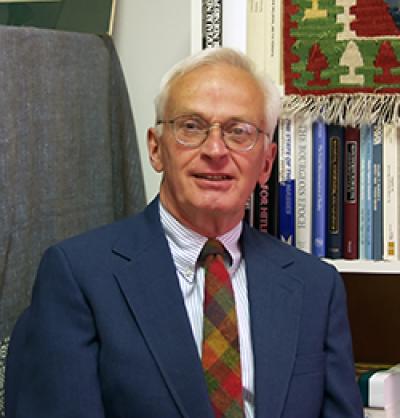The Marxist Rhetoric: On the Relationship of Practice and Theory

Principal Investigator: Richard Hamilton, Departments of Sociology and Political Science
Marxism had a significant impact on events in the 20th century. It was the official ideology of Russia and China, as well as nations in Eastern Europe, Asia, Africa, and Latin America. The theory also had resonance in intellectual circles in the capitalist nations of the West.
The success of the Marxist doctrine poses an important problem: Given the failure of its major propositions, the persistence of capitalism, and the absence of working-class revolutions in capitalist countries, how did Marxism gain such wide influence?
In this project, Hamilton sets out to answer this question by considering three things. First, he assesses the major propositions of Karl Marx and Frederick Engels. Second, he reviews Marx and Engels’ political activities to test their arguments about theory and practice. Finally, he examines subsequent analyses of Marx and Engels’ work.
One important aspect of Marxism is its argument that theory is derived from direct involvement in political movements and events. Such involvement is said to provide knowledge, insights and understandings not available to the distant observer.
Hamilton tests this argument by assessing Marx’s life in Marxian terms, and finds many troubling issues: Marx did not grow up in the working class, and he was in the top 10 percent of income earners for most of his adult life. Marx also received financial support from “the bourgeoisie” to edit his radical newspaper Neue Rheinische Zeitung.
Hamilton also tests the relationship between Marxist theory and practice by examining the 1848 revolutions in France and Germany. Events in both cases include a wide range of unexpected contingencies. Had Marx and Engels taken this into account, Hamilton says, they would have needed to issue a sweeping revision of their theory early on.
With these failures in mind, Hamilton attempts to explain the wide acceptance of Marxist claims throughout the 20th century. The answer, he says, lies not in the theory itself, but in the way it is disseminated as people vouch for it, political parties adopt it, and academics and journalists embrace it. Hamilton draws on social psychology, conformity studies, and theories of cognitive dissonance to explain this persistence.
Filters: 2008-2009, Political Science, Sociology
